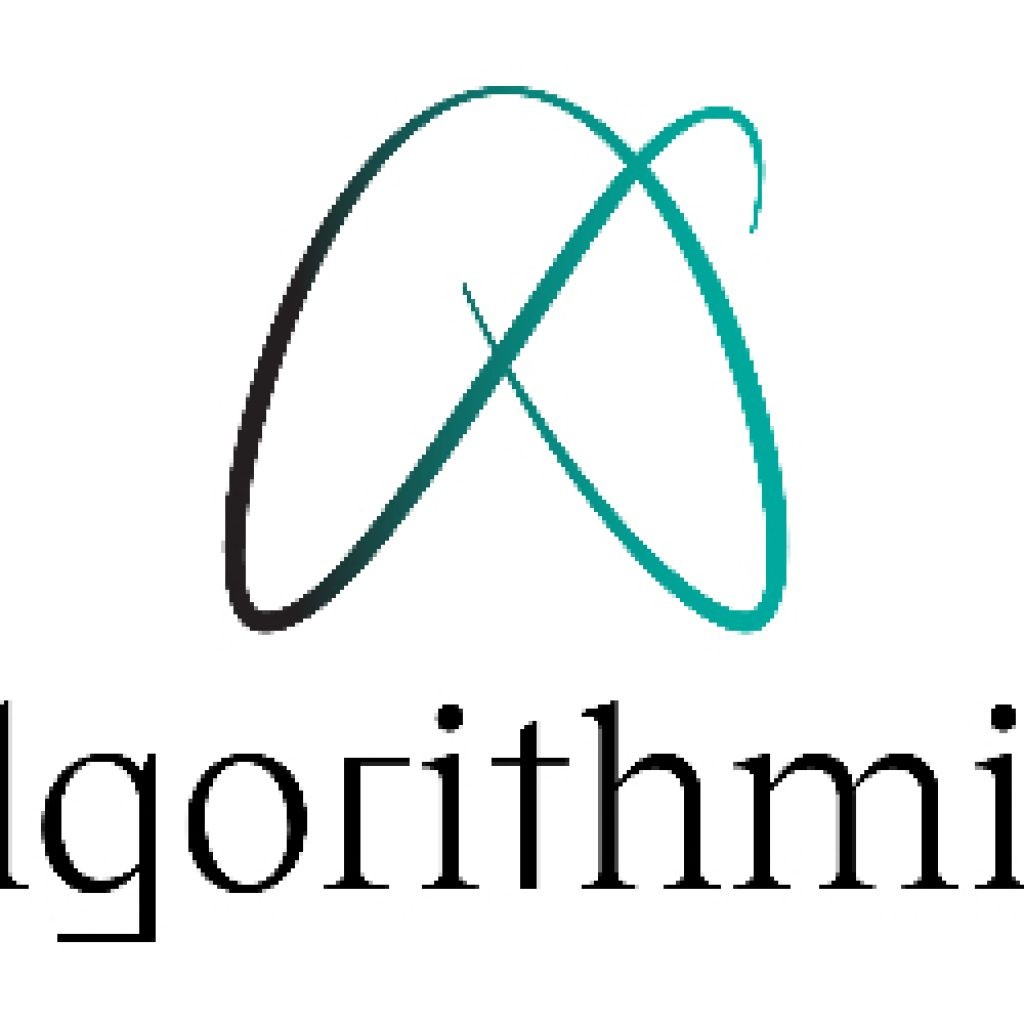IBM has partnered with Finnish start-up Algorithmiq to embark on a project exploring new ways to reduce the time and cost typically required for new drug discovery and development.
Algorithmiq, a Helsinki-based quantum computing startup, earlier this year raised $4 million in its seed funding round, and has been heavily focused in the area of life sciences applications for quantum computing. The company also is becoming a member of the IBM Quantum Network as a result of the partnership.
Work completed as part of the project also will be contributed to Qiskit, IBM;s open-source software development kit for quantum computers.
The partners said IBM’s researchers are collaborating with Algorithmiq to address how to overcome the main bottlenecks in today’s noisy quantum hardware, such as limited speed, accuracy, and scale, for large quantum chemistry simulations. Algorithmiq’s novel measurement techniques have shown to greatly reduce runtime in hybrid quantum-classical algorithms, the company said, adding that its post-processing strategies for error mitigation have shown to significantly improve the accuracy of quantum chemistry simulations.
Guillermo Garcia Perez, CSO and co-founder of Algorithmiq, said in a statement, “Whilst unleashing the full power of quantum simulations will likely require fault-tolerant quantum computers, near-term devices like those developed by IBM, combined with our novel algorithms based on informationally complete data, are today already showing progress toward the demonstration of a quantum advantage for chemistry. This is a stepping stone for any application of quantum computers to life sciences.”
Numerous start-ups, such as Polarisqb, Menten AI and more, have popped up in the last two years to focus on quantum applications for drug discovery and other segments related to the pharmaceutical industry. IBM back in 2020 published its own report on use cases in the arena of life sciences.
Dan O’Shea has covered telecommunications and related topics including semiconductors, sensors, retail systems, digital payments and quantum computing/technology for over 25 years.
